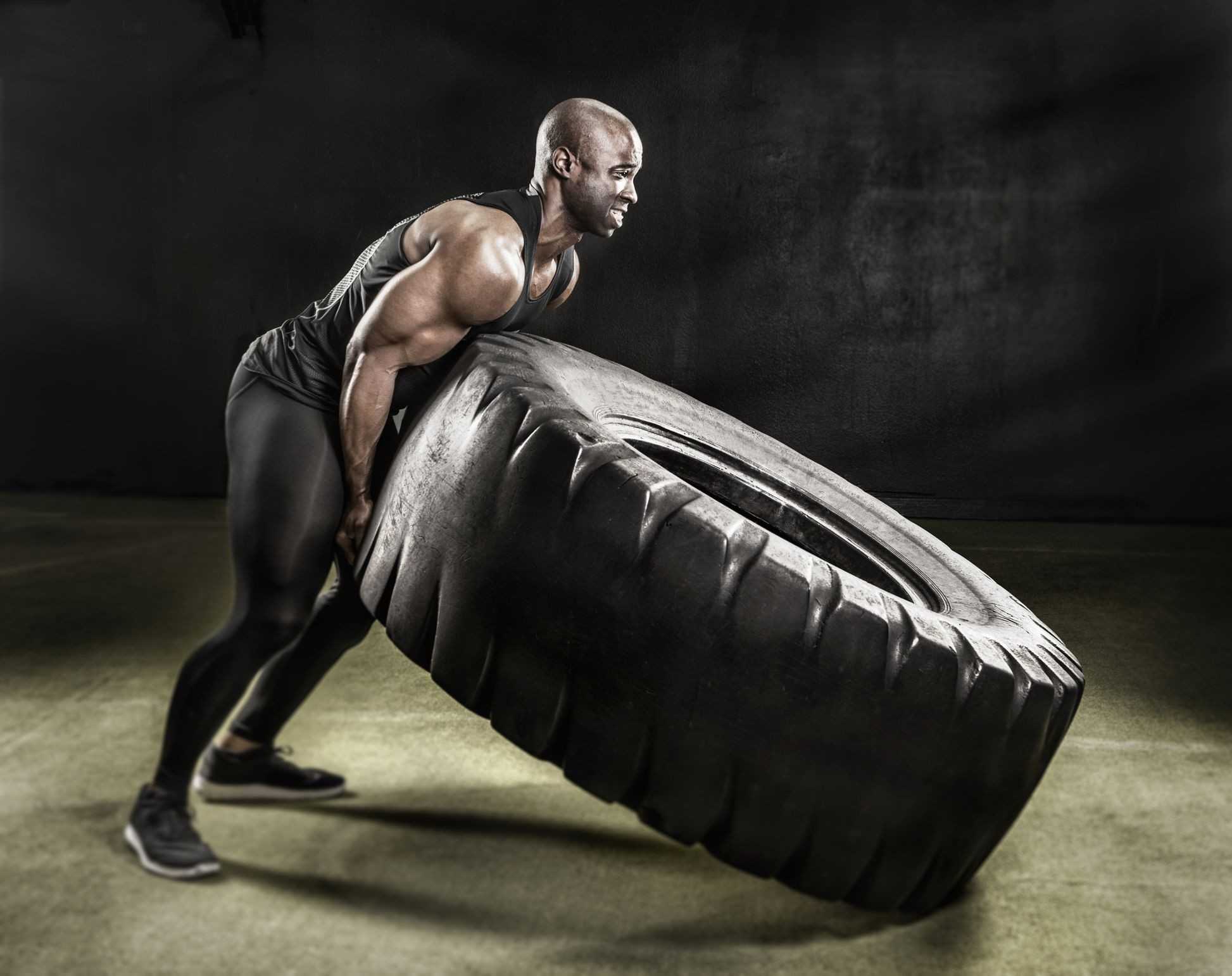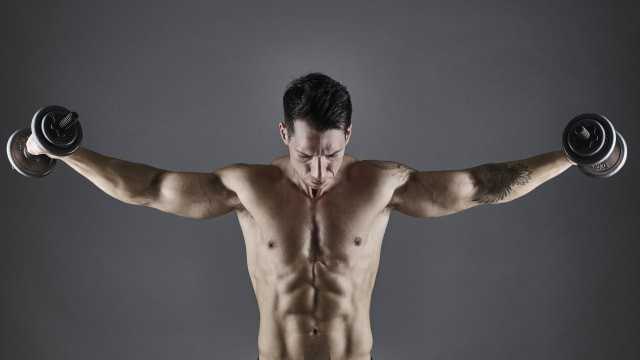Top 8 Simple Tips to Build Muscle Fast
To increase muscle mass, you must have a positive calorie balance or consume more calories than you expend. To add one pound (450 g) of muscle, you'll need to consume roughly 2,800 calories. This mostly serves to maintain your increased protein turnover, which is most likely a result of your activity. Your body can only add a maximum of 227 g (about half a pound) of muscle mass each week. As a result, if you consume a lot of extra calories while trying to grow muscle, you run the risk of accumulating too much fat. It is suggested to increase daily caloric intake by 250–500. Attempt to stay at the lower end of the range if you tend to accumulate fat easily; if you normally have difficulties gaining weight, try to go towards the higher end of the range. Finding out how many extra calories to eat to keep a trim figure will require some trial and error. In addition, studies indicate that consuming lean protein 15 to 20 minutes before, during, and an hour after working out may aid in boosting muscle mass. Even though you probably won't eat steak or chicken breasts while working out, a protein drink or supplement may be helpful before, during, or after exercises. But protein isn't everything. A good, balanced diet should offer you numerous meals that fulfill your caloric needs and give you nutrients if you want to gain muscle, burn fat, and grow stronger. Here are eight outstanding suggestions for increasing your muscular mass.
Eating breakfast will help you increase muscle mass.
You need a quick boost of energy, which breakfast might help you attain. Additionally, it will keep you satisfied until your next meal or snack. It also establishes a style: If your day begins with a healthy breakfast, you may be eating healthier during the day. Omelets, smoothies, and cottage cheese are your best bets if you want to gain muscle mass.
Every three hours, consume.
It's essential to eat the proper foods at the right times if you want to increase your muscle mass. The simplest plan is to have your breakfast, lunch, and dinner, with meals post-workout, before bed, and two snacks in between. You won't feel as hungry if you retain your current eating routine because your stomach will be smaller if you eat smaller meals more regularly rather than a few large ones. You'll have fewer cravings, feel fuller faster, and see a decrease in your waistline. Long intervals of not eating can lead to overeating at your next meal or to stocking up on harmful deal machine snacks. Eat at regular intervals throughout the day to avoid cravings, and your body will only grow to be hungry at those times.

Protein with every meal aids in improving muscle mass.
Protein is necessary to both develop and maintain muscle mass. You should aim to eat at least 1 gram of food for every 454 g of body weight to do this. If you weigh 91 kg, that comes to 200 g daily. Eating a full protein source with each meal is the simplest way to get this capacity. These consist of:
- Beef, red; lamb, pork, beef, etc.
- Duck, chicken, turkey, etc.
- Salmon, mackerel, sardines, tuna, etc.
- Don't accept the myths about cholesterol. Consume the yolk.
- Yogurt, cottage cheese, quark, milk, and so forth.
- Although not required, easy post-workout smoothies are fantastic.
- Vegan alternatives include lentils, tofu, seeds, and nuts.
Every meal should include vegetables and fruit.
Most of them—though not all—have few calories, allowing you to eat until you feel full without putting on fat or weight. In addition to creatures full of nutrients like vitamins, minerals, antioxidants, and fiber that aids in digestion, fruit, and vegetables that also high in sugar.
Only eat carbs after a workout.
Although you need carbohydrates for energy, most people consume more than they require. You'll start gaining a lot of lean muscle if you restrict your carbohydrate consumption to the hours following your workout. All meals should include fruit and vegetables. Except for corn, carrots, and raisins, these are low in carbs when compared to whole grains. Additional Carbs Only Post-Workout This includes grains including quinoa, oats, bread, potatoes, and rice. Eat whole grains whenever you can and stay away from white carbohydrates.
Consume healthy fats to help with muscle mass development.
Due to their slow digestion, eating good fats promotes fat loss and overall wellness. Make sure to balance your consumption of fat; eat healthy fats with each meal; and stay away from margarine and trans-fats. You can get these monounsaturated and polyunsaturated fats in several foods. These consist of:
- Vegetable oils, such as sunflower and olive.
- Seeds and nuts.
- Oily fish like salmon and mackerel.
Drink Water to Increase Muscle Mass
Sweating during strength exercises results in water loss, which can hinder muscle recovery. Therefore, no amount of strength training will help you gain more muscle mass if you don't replace that water. Since an empty stomach might cause you to believe that you are hungry, drinking enough water helps to prevent both dehydration and hunger. 90% of the time, eat whole foods.
- 90% of your diet should include whole foods if you want to see actual benefits and dramatically increase your muscle mass. As much as you can, avoid processed meals.
- Whole foods. These are foods that have not undergone any processing and have not been heavily refined, if at all. Fresh meat, fish, poultry, eggs, vegetables, legumes, fruits, rice, oats, quinoa, and other grains are examples of these.
- Added sugars, Trans fats, nitrates, corn syrup, salt, and other chemicals are frequently found in processed foods. Bagels, fruit bars, cereals, pizza, pastries, sausages, and frozen meals are some examples.



![Top Reasons To Have SEO Plan For Every Dubai Business [2025 Update]](/thumnails/blog/2024/11/1732278589.jpg)















